Florida Trust administration
Suffering the loss of a loved one is hard enough without the added stress of having to handle the multitude of details of settling their final affairs. The last thing anyone wants to do is fight with family members, deal with endless phone calls from creditors, the IRS, business partners, or even a judge. For a novice, navigating the terms of a trust or probate estate from beginning to end can be a intimidating task. Attorney Dena Rogers can be there to help ensure that the estate passes smoothly into the right hands, no matter the size of the estate. Also, she will do everything she can to maximize the amount of wealth that is passed to the heirs, as allowable by law.
Trust Administration involves overseeing the assets held within a trust. Trusts are commonly created as an estate planning tool to avoid probate and the Trustee is charged with overseeing the distribution of assets within the trust according to the wishes of the trust’s creator. The successor Trustee is responsible for the trust administration upon the trust creator’s death. This means he or she is responsible for protecting the assets in the trust and ensuring they are used according to the wishes of the individual who established the trust. The complexities associated with a trust administration or probate administration can be immense, but with Attorney Dena Rogers’ trust and estate planning experience, she can effectively and efficiently handle any probate or trust administration that may arise.
The duties involved in Trust Administration vary depending on the nature of the trust created. A common trust frequently used in Florida to avoid probate is the Revocable Living Trust. It is common, for example, for a person to create a living trust in which money is left to a child and then distributed to that child to pay educational expenses or when the child reaches a certain age. In such a situation, the trust administration duties involve ensuring that the assets are protected until the child reaches maturity and/or ensuring the money in the trust is used only for qualified expenses. After the trust creator(s) dies, there are specific steps to be followed that are required by the State of Florida. Many of the duties required under probate are still required in a trust situation, just without court supervision - documents need to be filed in the public records, beneficiaries need to be contacted, assets must be gathered, valued and managed, creditors and final expenses need to be paid, property needs to be managed until it is paid out to beneficiaries pursuant to the trust terms, and accountings to beneficiaries still need to be made.
Successor Trustees often lack the time, resources or knowledge to personally administer the trust, and therefore may call upon legal, accounting and investment professionals for assistance. Many successor Trustees have found the process to be much shorter and less stressful when someone experienced in this field assists with the settlement process. Rogers Law has years of experience working with Successor Trustees to streamline this process. We thoroughly understand the process from start to finish and are willing to help, no matter the size of the estate. Use the contact box to ask your questions to attorney Dena Rogers and rest assured you have a knowledgeable attorney on your side to help you during this process.
If you have questions regarding a trust administration, complete
the form below to speak directly with attorney Dena Rogers.

